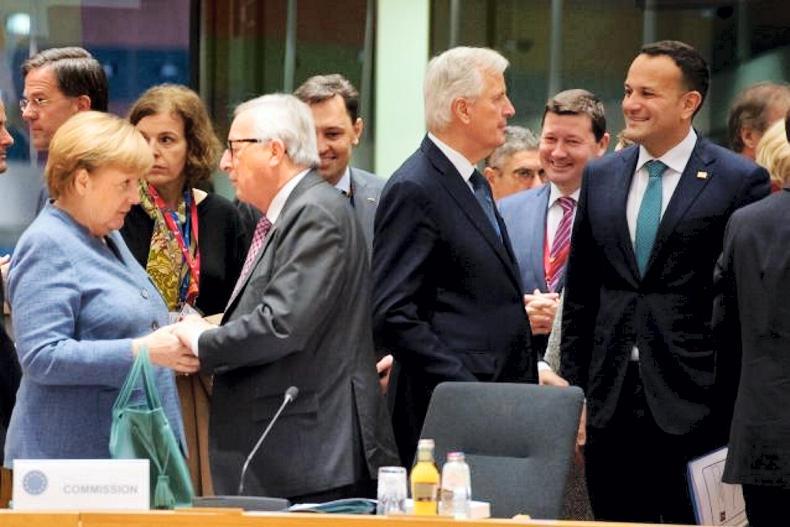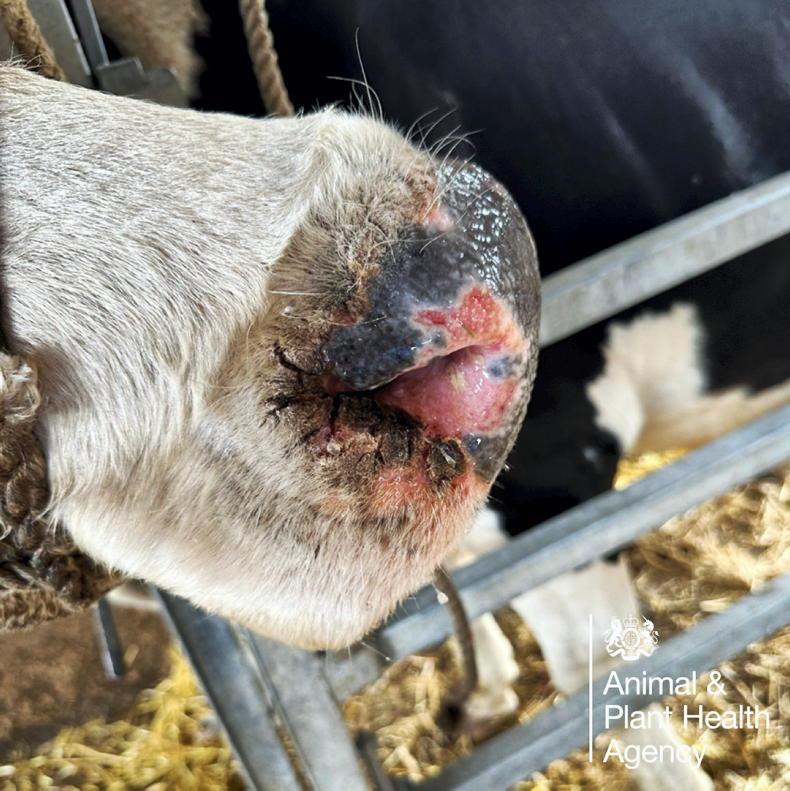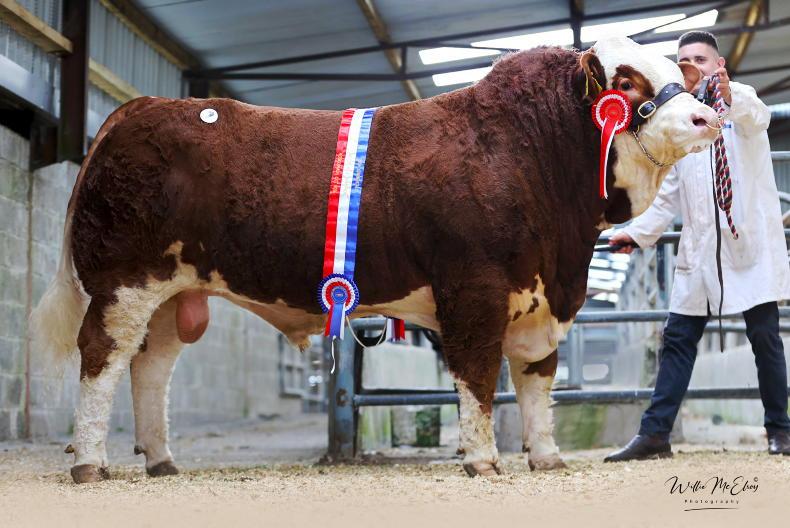All the focus in Westminster, Brussels and Dublin seems to be on what type of border will emerge in Ireland after Brexit, which is hurtling towards us with little apparent preparation in place.
If it is a no-deal Brexit, as seems increasingly likely, the type of border on the island of Ireland will be the least of farmer’s worries.
After all, even though it was a nuisance, farmers traded very successfully back and forward across the border before the single market became effective following the Maastricht treaty in 1992.
In fact, there were more live cattle movements into the north then than there are now, though that is a beef labelling issue rather than a border issue.
Tariffs
What will kill trade for agricultural products after Brexit is tariffs, not borders. Unless there is a specific deal or an extension of current arrangements, then trade between the UK and any member of the EU27 will be done under WTO rules.
That means using WTO tariffs which are particularly penal on agricultural goods. For example, on boneless beef, one of Ireland's largest export categories, the tariff is calculated on both a rate per kilo of €3.03 plus 12.8% of value.
Brexit will hurt every sector of Irish agriculture in a no-deal scenario
That means on a manufacturing beef product that is currently sold by an Irish factory to a British burger manufacturer at €3.40/kg would cost an additional €3.46/kg (€3.03 + 12.8%), a doubling of the cost. That effectively closes that market down for beef and it is the same for cheese and pigmeat.
Brexit will hurt every sector of Irish agriculture in a no-deal scenario, though there are some second-best alternatives in dairy and even pigmeat.
However, there is nowhere else to go for beef, except to mainland Europe where the volume of beef that normally goes to Britain would decimate the wider EU market as well as the Irish market.
WTO rates
When it comes to applying WTO tariffs, the UK has a choice to apply the WTO tariff schedule as described above or alternatively choose whatever tariff rate it wants. However, in doing so, this becomes applicable to every country that the UK wants to import from – it cannot choose to apply a zero or low tariff on EU imports and retain full tariffs with the rest of the world.
There is a growing body of opinion in Westminster that is suggesting this is the route the UK would travel in a no-deal Brexit.
If full WTO tariffs were applied in the UK with their high level of food imports, then consumer food inflation would be inevitable.
If they go for a zero or low tariff, then food inflation would be avoided – in fact the reverse may occur as cheap meat from the major exporting regions of the world would have full access to the UK without tariff barriers.
Low-tariff option
That would be disastrous for Irish and indeed UK producers as the market would be devalued overnight. While nothing is being said publicly, it would be surprising if the major UK retail and food service outlets weren’t working on this contingency.
The downside of the UK unilaterally doing this would be to further weaken their negotiating position in a future trade negotiation with countries like the USA, Brazil, Australia or New Zealand, all of which have been identified by the present British Government as targets for free-trade negotiations once the UK leaves the EU.
Agriculture is always the last part of a major trade deal that is concluded
Their big demand in trade negotiations will be access for agricultural produce, just as it has been for the USA in TTIP and the Mercosur negotiations with the EU.
Agriculture is always the last part of a major trade deal that is concluded but if the UK has given away access to its market for agricultural produce in advance of negotiations, then its hand will have been seriously weakened.
There will be no Brexit dividend for either Irish or UK farmers.









SHARING OPTIONS